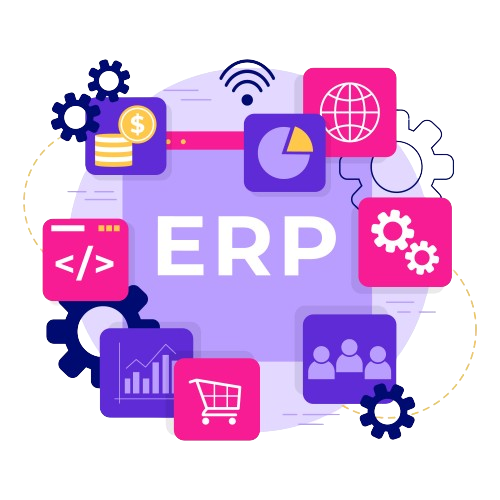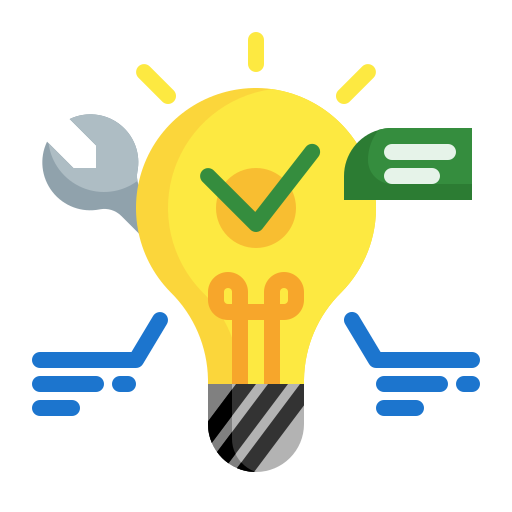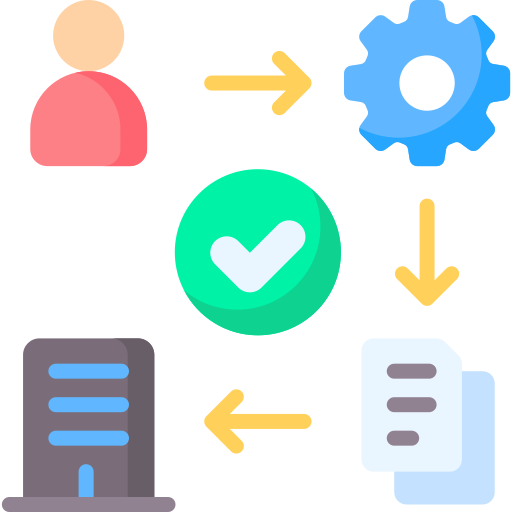
Transform Your Business with ERP Solutions
NarneTech provides comprehensive ERP solutions, integrating finance, HR, supply chain management, and more into a unified platform. Our software streamlines operations, boosts efficiency, and drives growth by automating tasks and offering real-time insights. Tailored for businesses of all sizes, our customizable solutions scale with your needs.
Explore ERP SolutionsWhy Choose ERP Solutions?
ERP solutions offer several key benefits for businesses:
.webp)
Process Integration
ERP software integrates key business processes.

Efficiency and Automation
ERP solutions improve efficiency and reduce manual errors.

Real-Time Insights
ERP software provides real-time data and analytics.
How ERP Solutions Work
ERP solutions work by:
.webp)
Data Integration
ERP software integrates data from various departments.

Automation
ERP solutions automate repetitive tasks and workflows.

Analytics
ERP software provides powerful analytics and reporting tools.
How ERP Helps and Drives Business Growth
Process Automation
Automate various business processes, reducing manual effort and minimizing errors.
Data Integration
Integrate data from different departments into a centralized database.
Improved Efficiency
Streamline workflows and eliminate redundant tasks to enhance operational efficiency.
Real-time Insights
Provide real-time data and analytics for prompt decision-making.
Enhanced Collaboration
Foster collaboration among departments by promoting data sharing.
Scalability
Designed to grow with your business, accommodating increased demand.
Market Expansion
Streamlined operations and improved efficiency ease expansion into new markets.
Customer Satisfaction
Help deliver better customer service by ensuring timely order fulfillment and accurate invoicing.
Strategic Decision-making
Empower leaders with data analysis and forecasting for strategic decision-making.
FAQ related to ERP (Enterprise Resource Planning)
Explore common questions about ERP systems to understand their functionality and benefits.




